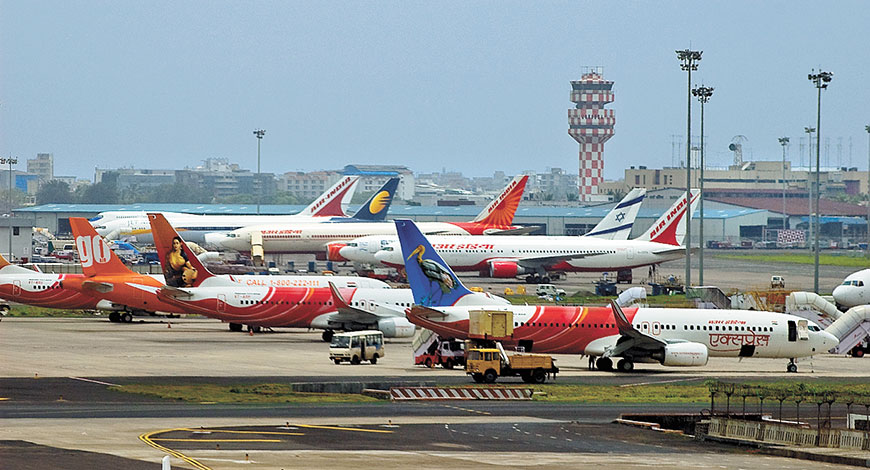Passengers will not have to carry any papers such as flight tickets, ID tickets or boarding passes for domestic flights. Under the ‘digi yatra’ (DY), travellers will get entry into airports and domestic flights through facial recognition. The government will roll out the service in Hyderabad and Bangalore and if the implementation is successful then the facility will be extended to airports in Varanasi, Kolkata, Pune and Vijaywada in the upcoming months. Participation in the scheme is voluntary and passengers who do not wish to participate and avail of the convenience option provided by ‘digi Yatra’ could continue to carry physical copies of tickets and ID cards.
The passengers can generate unique ‘Digi Yatra’ IDs through the aviation ministry’s portal. So far, photo ID cards issued by the government include the Aadhaar card, the driving license and the voter card. The passenger will receive a unique ID after the booking of tickets, the airline operator will then share this ID with airport authorities at least six hours before the flight and the details regarding e-gates on the airport will be made available to them.
The Modi government is using the Aadhar card to make access to government schemes easy and simplify the process. Earlier, the Union Home Ministry had made Aadhar a legal document for travel to the neighboring countries of Nepal and Bhutan for Indians under the age of 15 and over 65. Earlier the PAN card, driving license, Central Government Health Service card and ration cards were legitimate documents for travelling to these countries.
The Aadhar card has been criticized by many people on the left side of the political spectrum. They fear that the country is on its way to becoming a surveillance state because of the data collected in the Aadhar scheme. The activists also alleged that the private data of individuals is not safe in the hands of the government. However, the Supreme Court of India validated the use of Aadhar cards for government schemes and programs. Aadhar has proven useful in enhancing the security of the country, efficient delivery of welfare programs, and security verification for products like SIM cards, and other digital services.
The Maharashtra government under Devendra Fadnavis has saved 12,000 crore rupees by eliminating bogus claimants in the farm loan waiver scheme. The exchequer saved money by using Aadhar linked direct benefit transfer (DBT) for the loan waiver. The central government has saved leakages of almost 90,000 crores through the Aadhar linked DBT. In 2016-17 alone, the government saved funds worth 32, 984 crores by plugging leakages. DBT has made the transfer of MGNREGA benefits more transparent and has also rendered the role of the middle man redundant. The Modi government is likely to announce the Direct Benefit Transfer (DBT) of 4,000 rupees per acre and interest-free crop loan up to 1 lakh rupees in two-fold for farmers and Aadhar will prove beneficial here too.
In the future, Aadhar cards could be used for Universal Basic Income (UBI) which is being debated within the policy circles of the country and has got supporters like the former chief economic adviser, Arvind Subramanian. Aadhar card has been hugely beneficial to the government of India as well as the citizens of the country. It could be used for other government programs in the future too.
